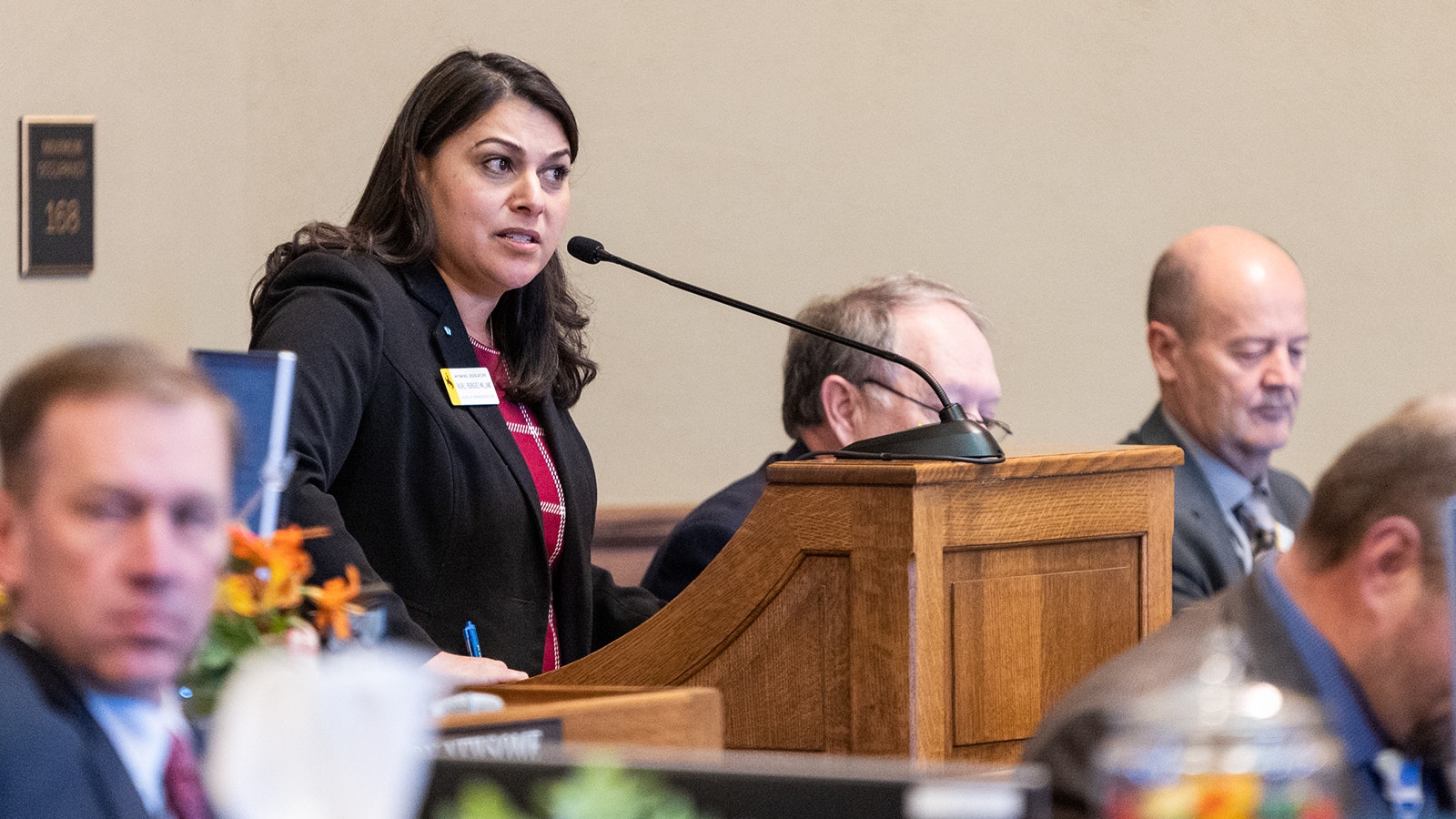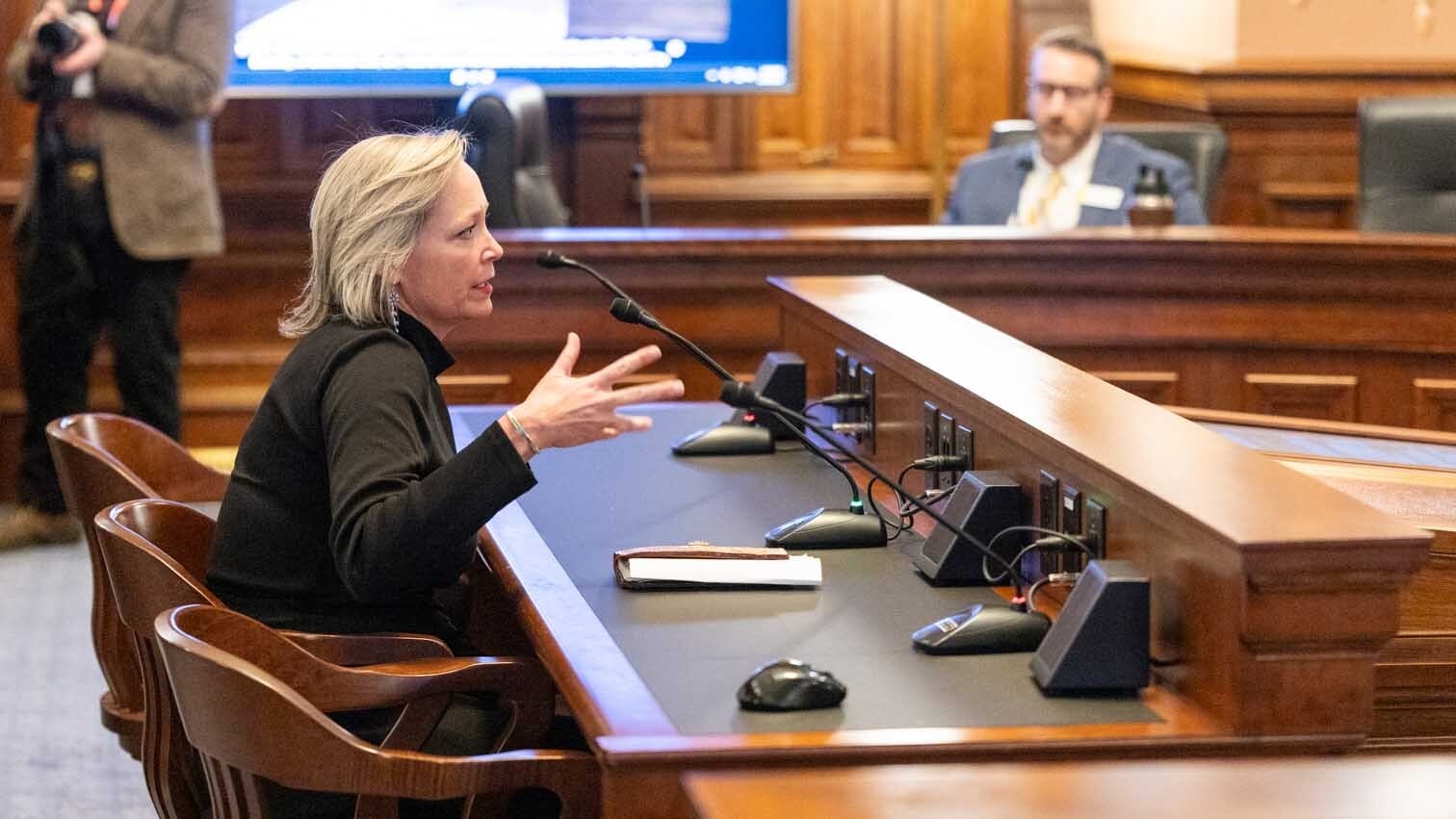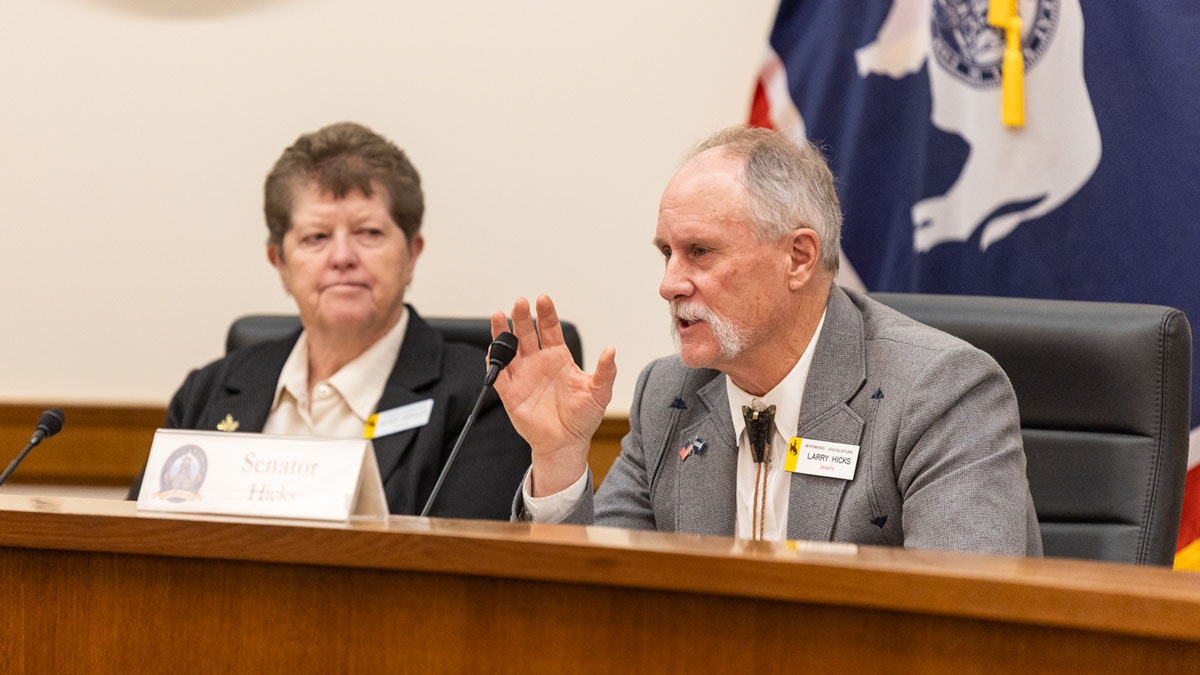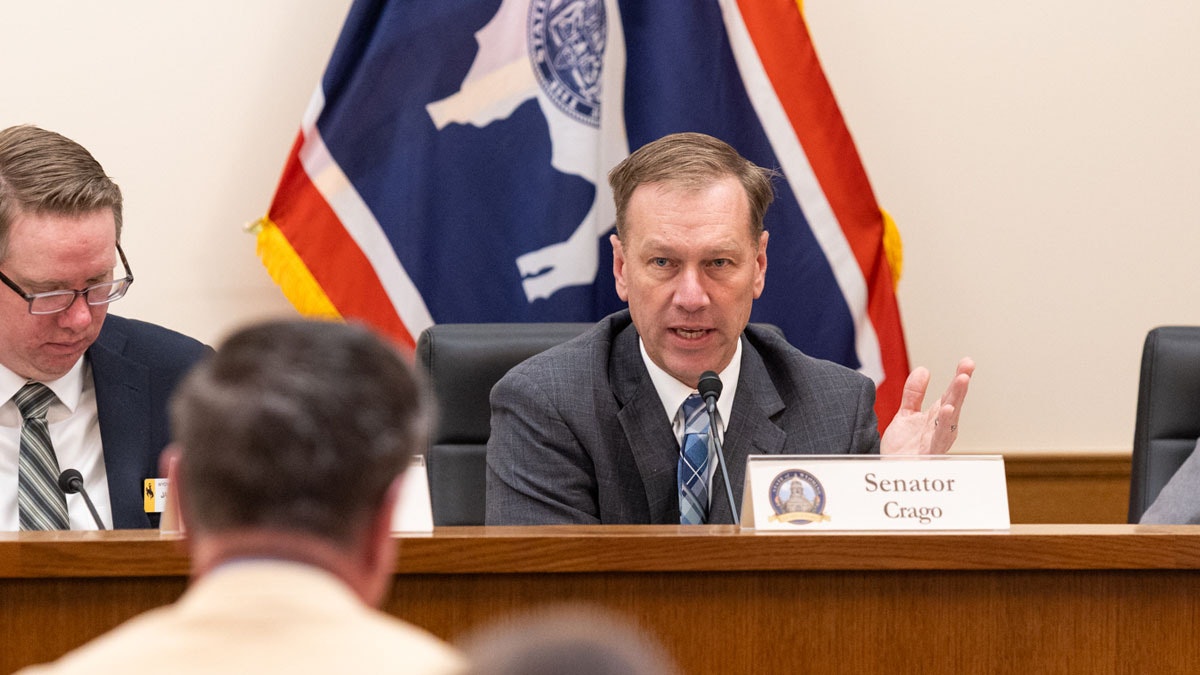Thirteen Wyoming Republican legislators are proposing a bill that would sway child-custody battles in favor of parents and guardians who won't allow children to receive gender-change treatments.
If it passes, House Bill 156, the Best Interests Of A Child bill, would require courts and other child-protection entities to assume that it is not in a child’s best interest to undergo gender-change surgeries, or take puberty blockers or cross-sex hormones to switch genders.
The bill exempts children who need puberty blockers to treat precocious puberty and intersex children undergoing gender treatments.
“Children experiencing gender confusion or gender dysphoria are deserving of the utmost compassion and care,” said bill sponsor Rep. Rachel Rodriguez-Williams in a Monday text to Cowboy State Daily. “Injecting them with life-altering drugs and removing healthy body parts is the exact opposite to compassion and care, and not a single long-term study exists to prove otherwise.”
She said she would not “sit by and wait for Americans to wake up from this nightmare, as many European countries have.”
Sweden, Finland and France have recently added restrictions or guardrails to gender-change treatments for kids.
The state House received HB 156 for introduction Monday. It must pass a two-thirds vote in both chambers to become law during the Legislature's now-ongoing budget session.
‘From Affirming Parents Who Love Them’
Erin Reed, a trans-rights blogger and domestic partner to Montana’s only transgender state representative, blasted HB 156 in a Monday story, saying it’s about taking trans kids from their parents.
Reed said Rodriguez-Williams’ bill creates “real concerns that transgender youth could be removed from affirming parents who love them and follow best practice medical guidelines.”
Reed pointed to House Majority Floor Leader Chip Neiman’s sponsorship of the 13-sponsor bill, saying Neiman’s participation makes it “a significant threat for passage.”
What It Doesn’t Do
The bill grafts throughout all Wyoming child-custody laws the presumption that chemically or surgically altering a child’s fertility system or removing her breasts (in the case of a female child) is not in the child’s best interest.
This presumption would kick in after custody disputes and custody cases had already begun, but it doesn’t create a new trigger for starting a child-custody case.
For example, Wyoming’s Child Protection Act authorizes authorities and medical professionals to take a child from his parents when there are reasonable grounds to believe the child is abused, neglected, abandoned, lost, endangered by his surroundings, or a danger to himself or others.
HB 156 does not add “given gender treatments” to that list.
What It Does
The bill would, however, affect the way courts, prosecutors and child protection agencies would behave after a custody case begins.
If two parents divorced, and the mother wanted to obtain gender-change treatments for her child, that would be a strike against her in the custody battle.
Similarly, if potential guardians were battling for custody of a child caught up in foster care, courts would favor those who were not willing to take a child for gender-change surgeries or chemicals.
The presumption applies across a wide spectrum, influencing how judges can define a child’s best interests in any case from adoption to disputes about whether paternity testing should be allowed, to grandparent visitation rights.
Because, Montana
Reed theorized that sponsors are advancing HB 156 in response to a Montana child-protection case.
A gender dysphoric teen was reportedly taken from her parents following a suicide scare and sent to receive treatment in Wyoming. This worried the parents, since Wyoming has no laws against gender-change treatments for kids.
The state’s criminal assault law, however, bans female genital mutilation.
A medical industry representative countered, telling Cowboy State Daily that it is unheard-of for Wyoming doctors to perform genital surgeries on kids.
The treatments are also legal in Montana, as a state court blocked its 2023 ban from going into effect.
Clair McFarland can be reached at clair@cowboystatedaily.com.





